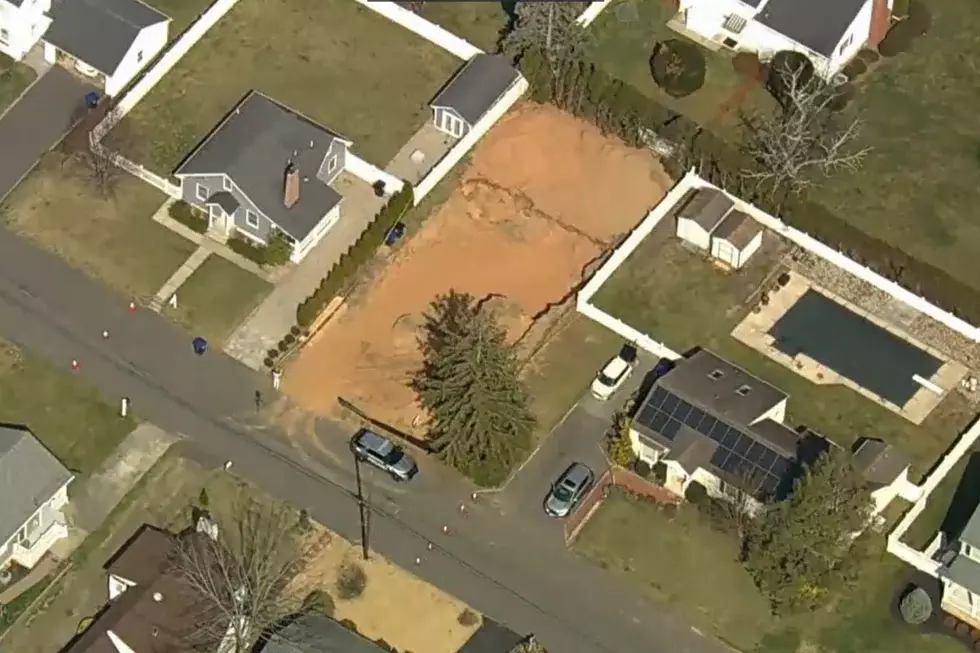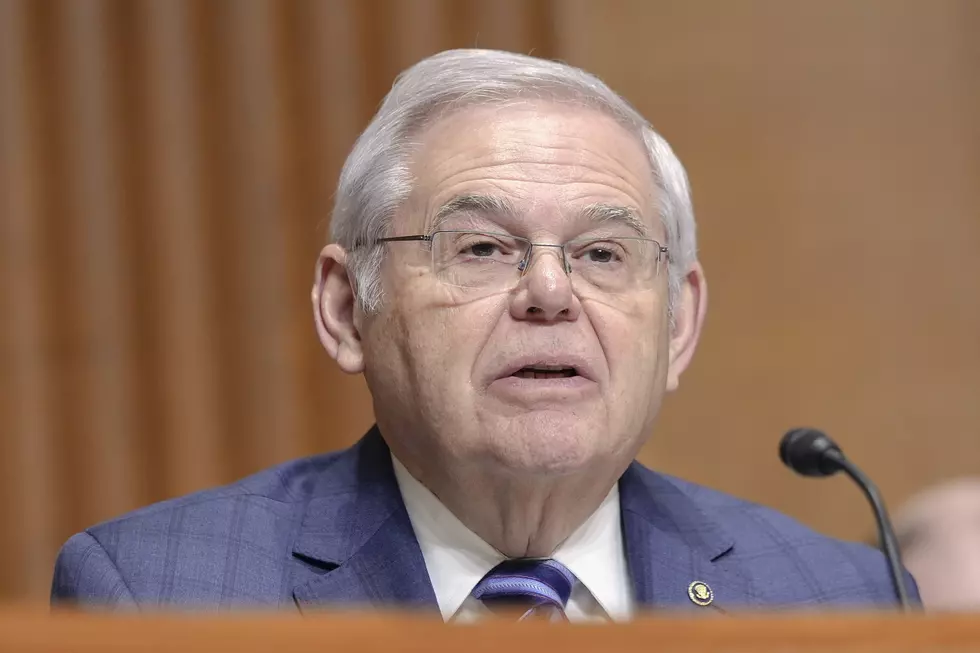
Distressed Mortgage Rate Higher in NJ Than Anywhere Else
Three years and counting. That's how long New Jersey has led the nation in the percentage of residential mortgages considered "distressed."
According to the latest numbers from the Mortgage Bankers Association, the third quarter of 2016 made for the 12th consecutive quarter that New Jersey ranked highest among all states in percentage of distressed mortgages - those in the foreclosure process or in arrears for 90 or more days.
The new numbers put New Jersey's rate at 8.16 percent, nearly three times greater than the national average of 2.96 percent.
At the end of this year's third quarter, New Jersey was home to 91,577 distressed mortgages, the statistics show.
"The sooner we work down the distressed mortgages in the state, the sooner our residential market will be able to normalize and transactions and prices and everything else can move back to a balance between what people are willing to pay and what people can afford to sell for," said Patrick O'Keefe, director of economic research for CohnReznick in Roseland.
O'Keefe said much of New Jersey's slow pace in reducing the number of distressed mortgages is its status as a "judicial foreclosure" state, where the process includes more rigorous and more time consuming steps compared to most other states.
New Jersey is making progress on this front. Since peaking in the beginning of 2013, the state's inventory of distressed mortgages has fallen by 42.5 percent. Some of this progress can be attributed to a slowdown in the rate at which borrowers are falling behind on their loan repayments, O'Keefe said.
The national distressed mortgage rate, which peaked at the end of 2009, has declined by more than 69 percent.
According to O'Keefe, the impact of a distressed mortgage hits not only borrowers who have fallen behind, but the rest of the community in the way of neighboring property values.
"When there are distressed mortgages in a neighborhood, appraisers have to take cognizance of the presence of a distressed mortgage property," he explained. "Because when it comes to market, it will transact at a significant discount to properties on which there either is no mortgage or the mortgage is fully paid up."
In turn, he said, New Jersey is dealing with a subdued inventory of homes for resale. Many property owners recognize that the price they'd be willing to accept is still well below the amount potential buyers would be willing to pay.
More From WPG Talk Radio 95.5 FM










